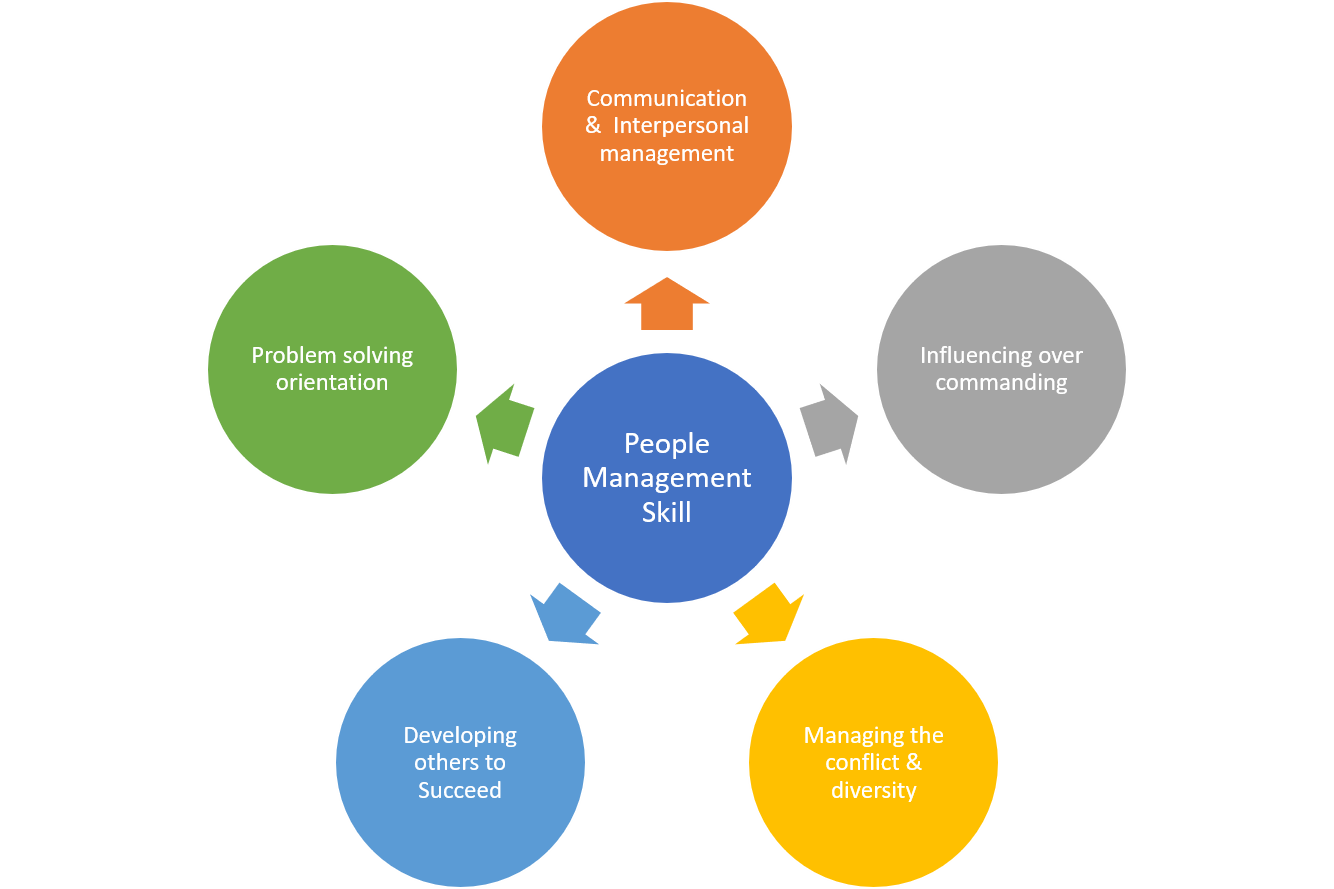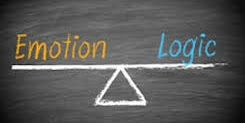Improve your FEEDBACK process
(Emotional Management for Personal & Professional Growth Series)
As we discuss the topic of "People Skill at the workplace," let us discuss some insights on improving people's skill management techniques.
Let us understand one more cause and effect of people's emotions.
By nature, most of us do not like when someone is pointing us and giving feedback. In a professional setup, we tend to listen to other’s views on our behavior or actions, but most of the time, we do not internalize. As a result, only a few people have the mindset to accept feedback as an opportunity for improvement.
The reason could be how we give feedback and how others receive it determines whether the feedback is genuine or criticism.
We have discussed some insights on feedback from both GIVER and RECEIVER perspectives sometime back, and the link is given below.
https://
https://
To overcome the above challenges in perceiving the feedback as criticism, the modern coaches suggest a new way of giving the feedback, and they coin the word “feed-forward.” The purpose is identical in both terminologies, but the only difference is in Feed-forward; we intend others to correct or improve the behavior with our collaborative, suggestive approach.
For example,
Assume that your colleague made a report with many analytical typo errors. You can give feedback that the report is full of mistakes and this needs to be improved. Depending on the person, the feedback will be perceived as a criticism or improvement area. In this process, you are just focusing on the PAST and no interest or suggestions to improve.
Whereas in the Feedforward scenario, you jointly work with him/her to improve the analytical, typo errors aspects in the future. You may be suggesting different ways to enhance the presentation like software installation etc. In this process, the receiver senses the message for improvement and clarifies the improvement methodologies.
The purpose of indicating poor performance is met, and in addition with FUTURE actions are also indicated. So this is something proactive and friendly approach to dealing with people on improving the poor performance or behavior.
This feed-forward calls for patience, passion for helping others. In my opinion, that is required for the people managers if you want to improve your people management skills.
Just try the feed-forward method in your professional interaction, as this works for me.
Let us some insights next week and stay safe till then!









